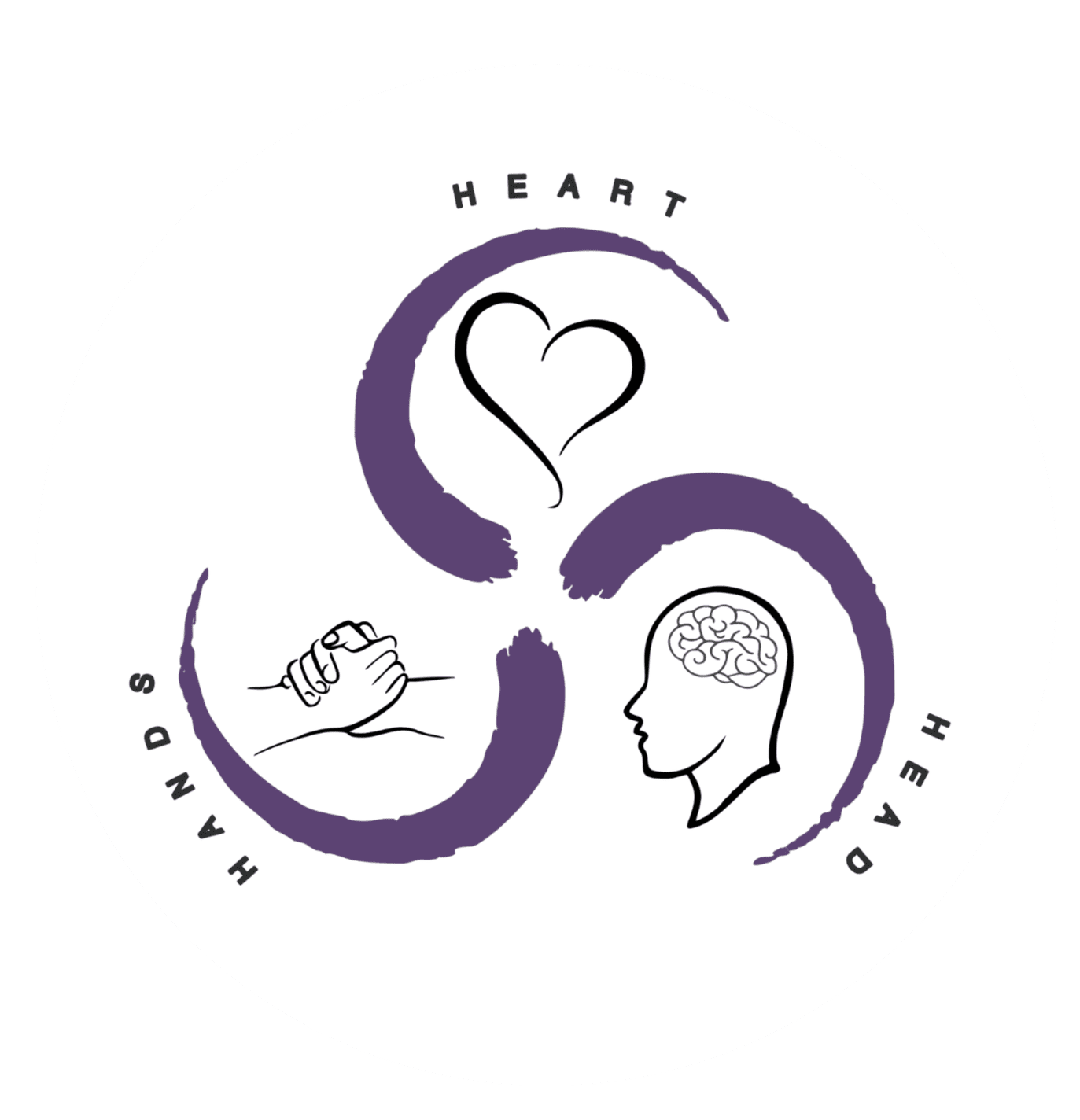Boost Leadership Effectiveness with Proper Assessment

Posted on August 12th, 2024
Effective leadership is essential for organizational success, and proper assessment is a critical tool for developing and enhancing leadership skills. In an increasingly competitive landscape, leaders must not only possess strong vision and decision-making abilities but also continuously evolve to meet the dynamic needs of their teams and organizations.
Choosing the Right Leadership Assessment Tool
Selecting the right leadership assessment tool for your organization doesn't have to be a daunting task. It begins by recognizing that not all tools are created equal, and what works perfectly for one type of leadership role may not be well-suited for another. For instance, a tool like the Myers-Briggs Type Indicator (MBTI) is fantastic for understanding individual personality types and how team dynamics work but may fall short in assessing specific leadership competencies. On the flip side, tools such as the Leadership Practices Inventory (LPI) excel at gauging leadership behaviors and can offer actionable insights that equip leaders with the skills needed to motivate and inspire their teams. Each tool has its strengths and weaknesses, and understanding these nuances will help you choose leadership assessment tool that aligns with your organization's unique needs.
When it comes to selecting the right leadership assessment tool, consider the specific objectives you have for your leaders. Are you looking at enhancing emotional intelligence? Then tools like the Emotional Competence Inventory (ECI) could be valuable. Do you need to develop strategic decision-making skills? The Hogan Assessment Systems might be your go-to. Furthermore, high-stakes roles such as senior executives benefit from robust tools like the Korn Ferry Leadership Architect that dive deep into competencies essential for long-term organizational growth. The DiSC Assessment, known for its simplicity and ease of application, can also serve as a practical option for developing frontline managers.
Exploring Leadership Personality and Behavioral Style Assessments

As we delve deeper into leadership personality assessments and behavioral style assessments, it’s crucial to understand their core value: self-awareness. These tools provide a mirror for leaders to reflect on their natural tendencies and interpersonal dynamics. For instance, the MBTI helps leaders identify their preferred ways of thinking, communicating, and handling conflict. Meanwhile, the DiSC Assessment breaks down behavior into four main styles - Dominance, Influence, Steadiness, and Conscientiousness - and offers insights into how leaders can adjust their styles to fit different situations and effectively manage their teams. By revealing these intrinsic patterns, these assessments enable leaders to pinpoint areas where their strengths lie and highlight opportunities for growth, ultimately enhancing their leadership skills and overall effectiveness.
An effective leadership personality assessment can have substantial impacts on self-awareness and leadership effectiveness. Let's consider the Hogan Assessment Systems, renowned for its focus on predicting job performance by evaluating personality traits under regular and stressful conditions. Leaders who undergo this assessment gain a comprehensive understanding of their potential derailers, which are behaviors that can hinder their success under pressure. Armed with this knowledge, they can develop strategies to mitigate these risks and enhance their performance.
Similarly, the Leadership Circle Profile provides an integrated view of a leader’s inner motivations and external behaviors, fostering both personal development and relational effectiveness. When leaders are aware of how their personality shapes their behavior, they can make conscious adjustments to their approach, thereby improving their ability to inspire and lead effectively.
The Role of Emotional Intelligence in Leadership
Emotional intelligence (EI) stands as a cornerstone of effective leadership and is often the distinguishing factor between good leaders and exceptional ones. High EI enables leaders to navigate the complexities of human emotions, fostering an environment where empathy and mutual respect thrive. Specifically, emotional intelligence assessments such as the Emotional Competence Inventory (ECI) can be pivotal. These tools adeptly measure skills like emotional awareness, self-regulation, and social skills, offering leaders insightful feedback on areas where they shine and where they can improve.
Envision a leader who is adept at relationship management. Through an EI assessment, they receive concrete suggestions on how to fine-tune their approach, thereby enhancing their connection with team members. This interconnectedness subsequently translates to higher employee morale and productivity, aligning seamlessly with organizational success. When leaders are emotionally intelligent, they create a work culture teeming with trust, collaboration, and innovation.
Emotional intelligence operates as the catalyst for improved communication and a deeper understanding of team dynamics. Consider a scenario where a leader is navigating a period of organizational change. Here, high EI is indispensable. An emotional intelligence assessment can pinpoint not only how well the leader understands their own emotions but also how adept they are at recognizing and reacting to the emotional cues of others. Emotional intelligence is a crucial factor in effective leadership. It involves the ability to recognize, understand, and manage one's own emotions, as well as the emotions of others. This skill allows leaders to make more informed decisions, build strong relationships, and effectively motivate and inspire their team. Let's take a closer look at the importance of emotional intelligence in leadership:
- Emotional intelligence helps leaders to better handle stress and pressure.
- It allows leaders to empathize with their team and address their needs and concerns.
- Leaders with high emotional intelligence are skilled at conflict resolution and can diffuse tense situations.
- It enables leaders to communicate effectively and build a positive and supportive work environment.
- Emotionally intelligent leaders are better at adapting to change and navigating challenges.
Emotional intelligence is a crucial aspect of effective leadership. It not only benefits the leader themselves, but it also has a positive impact on their team and the overall success of the organization. By continuously developing and improving their emotional intelligence, leaders can lead with empathy, understanding, and resilience.
Related: Leading Strategies: Tips for Motivating Your Team!
Conclusion
Proper assessment is crucial for boosting leadership effectiveness. By conducting thorough and accurate assessments, leaders are able to identify their strengths and weaknesses, as well as those of their team members. This allows them to develop targeted strategies for improvement and ultimately become more effective leaders. Additionally, proper assessment promotes self-awareness and provides valuable insights that can guide decision-making and drive positive change. Therefore, incorporating proper assessment practices into leadership development programs is essential for achieving optimal performance and success.
At H3 Leadership and OD Consulting LLC, we specialize in empowering leaders and organizations through a comprehensive range of services designed to enhance leadership effectiveness and drive organizational success. In addition, the value of executive coaching comes to the forefront through personalized development plans that align individual aspirations with organizational needs. Our assessment and leadership development services offer precisely this blend. Together, these assessments and development programs fortify a leader’s foundation, fostering a culture where leaders are constantly evolving, reflecting, and improving, which in turn propels the entire organization toward its goals.
Coupled with our assessment and leadership development services, you’re well-equipped to handle the challenges of today and the uncertainties of tomorrow. Ready to take the next step? For more information, reach out at (509) 531-8426 or email us at [email protected].
Let's Connect
I am here to partner with you on your journey to success. Fill out the form below, and let's start creating a brighter future together.
